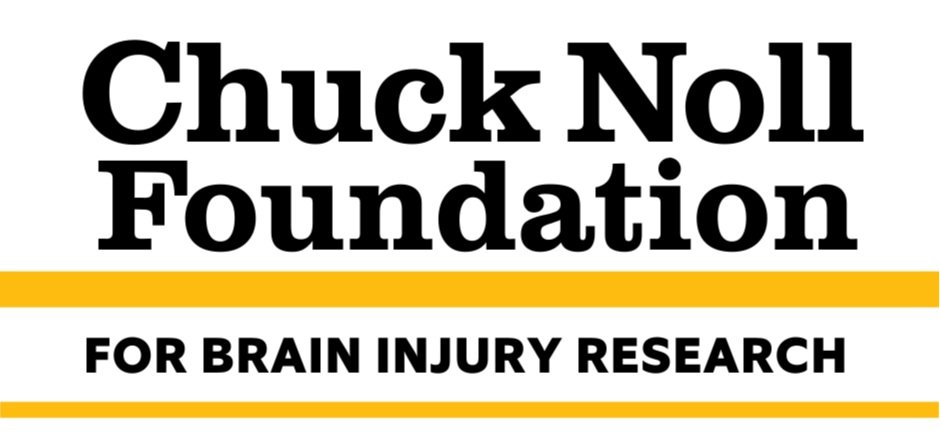Exploring the Link Between Brain and Spinal Cord Injuries: Dr. Daryl Fields’ Pioneering Research
Dr. Daryl Fields, 2021 Grant Recipient
In the realm of sports injuries, it’s essential to understand that injuries are not solely related to the brain. The intricate connections between the brain and the spinal cord play a crucial role, which is why, in 2021, The Chuck Noll Foundation for Brain Injury Research awarded a grant to Dr. Daryl Fields. Though his research is still in its early stages, his collaboration with Dr. David Okonkwo at the University of Pittsburgh, and the University of Florida Health, is already making significant strides.
To appreciate the importance of Dr. Fields' work, we must first dig into why the Foundation chose to support his research and focus on the spinal cord's role in brain injury. The brain and spinal cord together form our central nervous system, responsible for nearly all our daily functions. They are involved in everything from processing and integration to movement and action, demonstrating their profound interconnection.
The potential of Dr. Fields’ research is what encouraged the Foundation to invest in this innovative project. By gathering preliminary data on the prognostic use of cerebrospinal fluid (CSF) serotonin, he aims to improve the prediction and understanding of clinical outcomes in patients with spinal cord injuries. Dr. Fields and his colleagues hypothesize that patients with low CSF serotonin levels will show limited functional recovery six months post-injury.
The goal of this research is to establish a system where serotonin levels in the CSF serve as biomarkers for clinical outcomes. While current technology allows for the analysis of CSF serotonin levels, Fields envisions these early indicators becoming diagnostic tools in the future—a possibility that might be realized within the next 5-10 years.
Today, thanks to the facilities at the University of Pittsburgh Medical Center, physicians like Dr. Fields can detect CSF serotonin levels every 10 minutes. This capability alerts physicians to potential issues, allowing for timely interventions even if the specifics of the problems are not yet fully understood.
To gain a deeper insight into Dr. Fields' research and his journey to use CSF serotonin as a prognostic indicator, watch this clip of Dr. Fields delving into his groundbreaking work.

